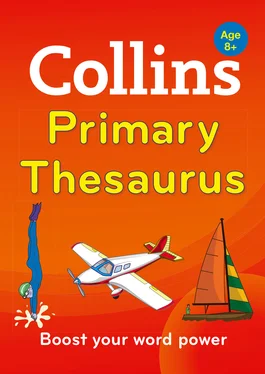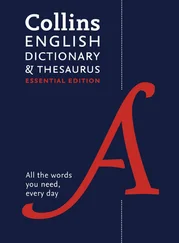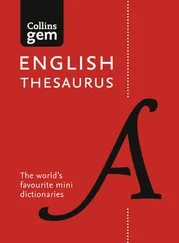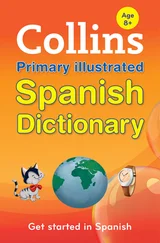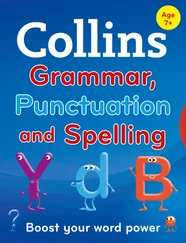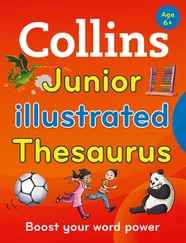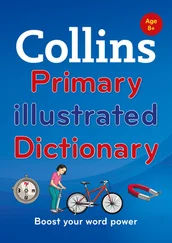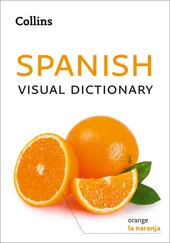Copyright Copyright Using this thesaurus Aa Bb Cc Dd Ee Ff Gg Hh Ii Jj Kk Ll Mm Nn Oo Pp Qq Rr Ss Tt Uu Vv Ww Yy Index About the Publisher
Published by Collins
An imprint of HarperCollins Publishers
Westerhill Road
Bishopbriggs
Glasgow G64 2QT
Second Edition 2015
© HarperCollins Publishers 2010, 2015
eBook Edition © March 2015 ISBN 978-0-00-758366-9
Version: 2015-01-19
Collins® is a registered trademark of HarperCollins Publishers Limited
www.collins.co.uk/childrensreference
All rights reserved under International and Pan-American Copyright Conventions. By payment of the required fees, you have been granted the non-exclusive, non-transferable right to access and read the text of this e-book on screen. No part of this text may be reproduced, transmitted, downloaded, decompiled, reverse engineered, or stored in or introduced into any information storage and retrieval system, in any form or by any means, whether electronic or mechanical, now known or hereinafter invented, without the express written permission of HarperCollins.
Entered words that we have reason to believe constitute trademarks have been designated as such. However, neither the presence nor absence of such designation should be regarded as affecting the legal status of any trademark.
The contents of this publication are believed correct at the time of printing. Nevertheless the publisher can accept no responsibility for errors or omissions, changes in the detail given or for any expense or loss thereby caused.
HarperCollins does not warrant that any website mentioned in this title will be provided uninterrupted, that any website will be error free, that defects will be corrected, or that the website or the server that makes it available are free of viruses or bugs. For full terms and conditions please refer to the site terms provided on the website.
If you would like to comment on any aspect of this book, please contact us at the given address or online.
E-mail: dictionaries@harpercollins.co.uk
@Collins4Parents
Acknowledgements
We would like to thank those authors and publishers who kindly gave permission for copyright material to be used in the Collins Corpus. We would also like to thank Times Newspapers Ltd for providing valuable data.
Contents
Cover
Title Page
Copyright
Using this thesaurus
Aa
Bb
Cc
Dd
Ee
Ff
Gg
Hh
Ii
Jj
Kk
Ll
Mm
Nn
Oo
Pp
Qq
Rr
Ss
Tt
Uu
Vv
Ww
Yy
Index
About the Publisher
Using this thesaurus
What does a thesaurus do?
A thesaurus gives you a choice of words you can use in place of an overused word like good or say.
Imagine you are writing a description of a meal you have really enjoyed. You might say that the soup was tasty but you don’t want to use the same word to describe the chocolate cake you had for pudding. You can use the thesaurus to find another word that means the same thing. A word that means the same as another word is called a synonym. So you can describe the cake as delicious or mouthwatering or scrumptious.
Using wow words!
This thesaurus is perfect for helping you find wow words to use in your writing. A wow word is one which you don’t use all the time in your vocabulary so, when you do use it, it stands out and really brings your writing to life. It’s good to use wow words instead of everyday words. For example, instead of saying that the man was happy because his football team had won the cup, you could describe him as being ecstatic or jubilant. If the boy in your story says something quietly, you could use muttered, mumbled, or murmured. Rather than saying the girl is always late for school, try consistently or invariably.
Here are some words that are used a lot in writing. These are just the kind of words that could be replaced by a wow word from your thesaurus:
bad
break
cry
cut
eat
fat
feel
good
happy
hit
laugh
look
move
nice
old
run
say
short
small
thin
walk
How to find a word
If you want to find a different way of saying a word, think of its first letter. Once you know this, there is more than one way to find your word in the thesaurus:
• You can use the Indexat the back of the ebook which lists the words in alphabetical order. Scroll through the Index until you find the letter your word begins with, then look down the words until you find the one you are looking for. You can then follow the link to the entry in the thesaurus.
• You can use the Contentspage at the front of the book, which has a link to every letter in the thesaurus. Follow the link to the letter your word begins with, then look through the entries in this letter until you find the word you are looking for. The entries are in alphabetical order.
Once you have found your word in the thesaurus, you can choose the synonym that suits your writing. Read the example sentences to understand how each synonym can be used.
Finding your way around the thesaurus
1. The headword is the word that you want to find a synonym for.
2. If the headword has a number in brackets after it, then the word has different meanings in the thesaurus.
3. The part of speech tells you what type of word the headword is, such as noun, verb, adjective, adverb, or pronoun. If you are looking for a verb, make sure the headword you look at is also a verb.
4. The definition tells you what the headword means so you can be sure you are looking at the correct entry.
5. Each headword has a list of synonyms. Choose the one which is closest in meaning to the word you want to replace.
6. An example sentence is given for every synonym, showing how the word might be used in speech or writing.
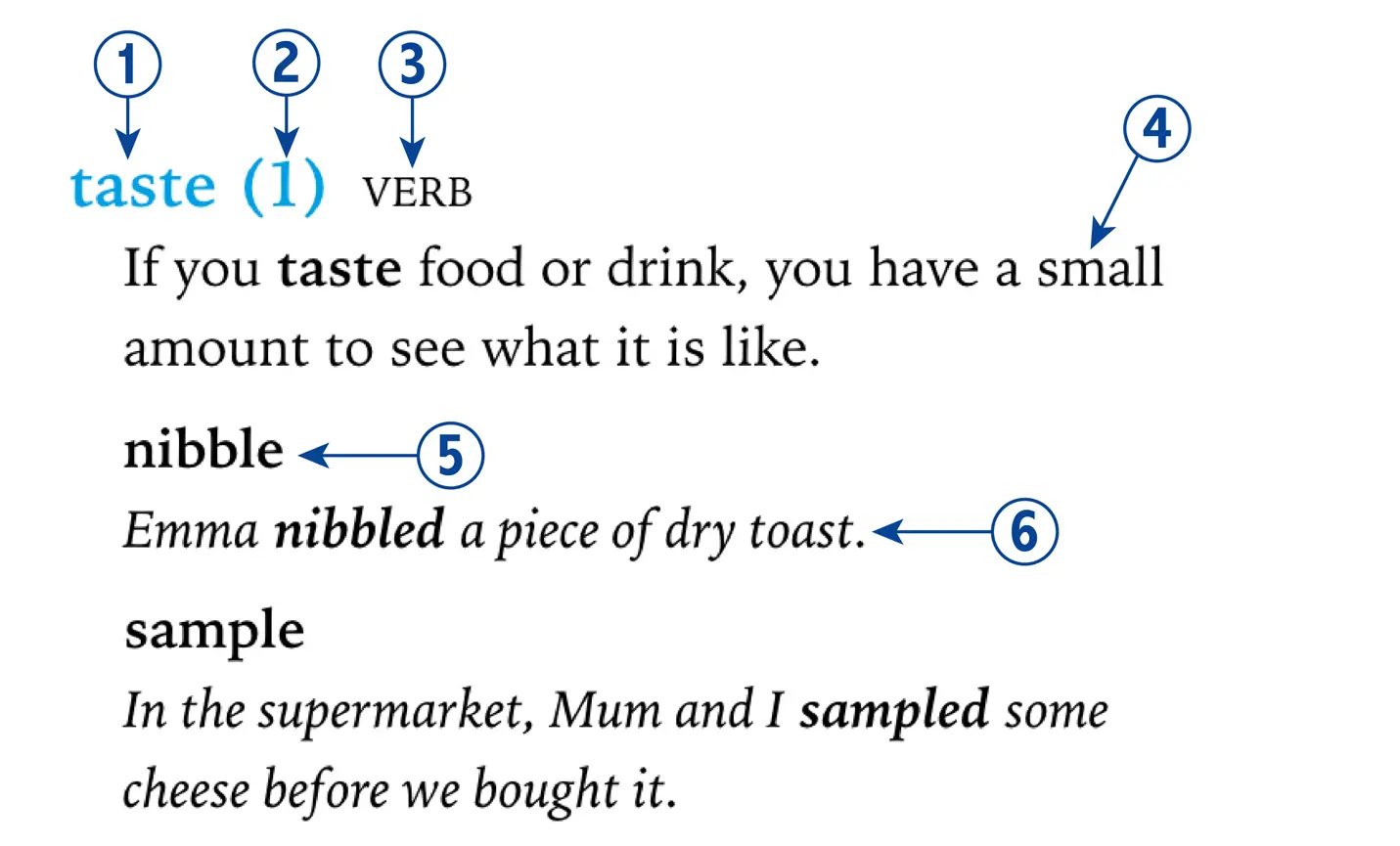
7. A usage tip gives extra information about the headword or its synonyms.
8. Some entries have a list of useful words connected to the headword.
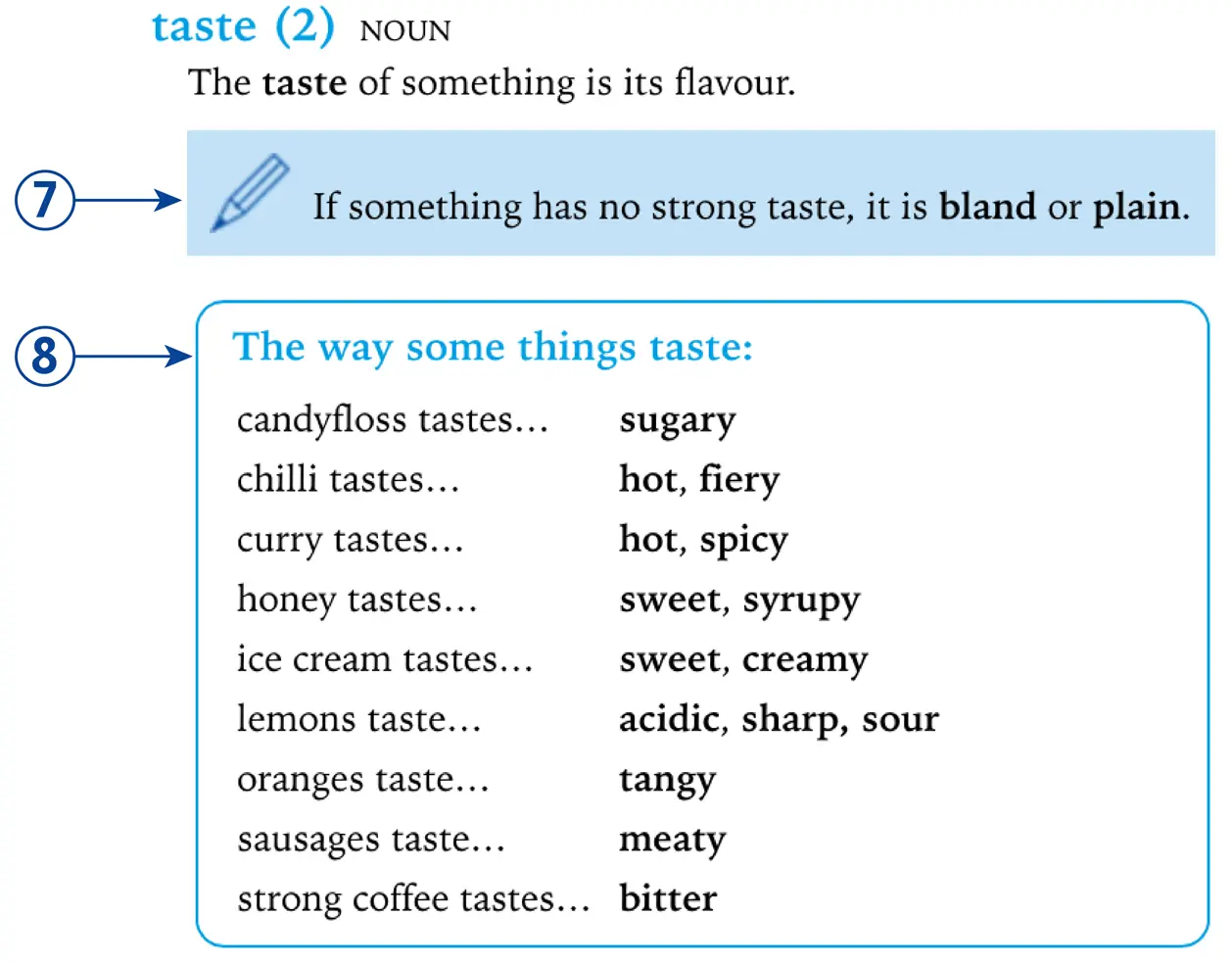
Other features of this thesaurus
• Some headwords can be spelt in more than one way.
among or amongst PREPOSITION
• Some synonyms have a pronunciation to show you how to say the word.
wrath Said “roth”
The player incurred the wrath of the referee for committing a foul.
• Sometimes a label, such as FORMAL, INFORMAL, or OLD-FASHIONED, tells you a little more about how the word is used.
scrumptious INFORMAL
My sister and I reckon that olives are scrumptious.
• Some definitions tell you where to find more information at another headword.
home NOUN
Your home is the building or place in which you live.
dwelling
“Welcome to my humble dwelling,” said Rat.
residence
The ambassador’s residence was an impressive villa among palm trees.
➔ See house
• The entries for some very overused words are marked clearly. Give yourself word power by using the synonyms!
bad (1) ADJECTIVE
Bad things are harmful or upsetting.
WORD POWER: This word tends to be used a lot. To make your writing more varied, try to use some of the alternative words suggested here instead.
• Some entries show words that mean the opposite of the headword. These words are called antonyms.
careful (3) ADJECTIVE
Читать дальше
